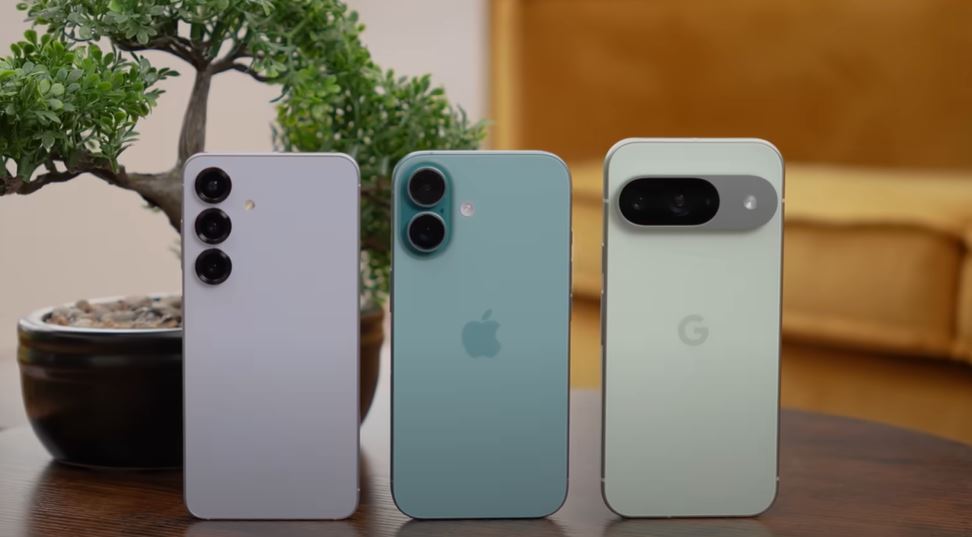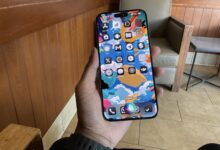Apple vs. Android: How EU’s Digital Markets Act Could Reshape iOS

Apple’s walled garden has historically characterized the brand — tightly bundled, seamless integration across devices at the expense of flexibility. Compare that to the atmosphere on Android, which celebrates openness, customization, and user choice. The European Union’s new Digital Markets Act (DMA) is in effect and putting some pressure on Apple to take an axe to its ecosystem walls, bringing many of Apple’s users the sort of freedoms Android users have long had.
Apple’s closed ecosystem has made a foundation for security and simplicity for users, but it has also offered fodder for those who accuse the company of limiting competition. The DMA will require nine significant changes to iOS, such as making AirDrop open for cross-platform transfers, allowing third-party notifications to reach smartwatches, and making it easier for non-Apple devices to pair. As most of these features are already available on Android, an important question remains — whether Apple can part ways with its luxury user experience and consider the Android approach.
Empowering User Control: Battery Transparency and Charging Flexibility
Android prioritizes user control with fast-charging options and detailed battery metrics, allowing users to monitor charge cycles and adjust settings. Apple, while focusing on battery longevity, could benefit from giving users more granular data on charging speeds, real-time completion estimates, and customization of power management settings.
One of the Digital Markets Act mandates requires Apple to allow background execution for third-party apps, which could facilitate smarter power management approaches outside of the defaults that Apple sets.
Personalization: Widgets, App Defaults and Layout Customization
Android provides widget flexibility, the ability to resize and deeper customization on the home screen. Apple’s widget system is visually polished but still lacks placement flexibility and interaction variety. Allowing people to freely move, resize, and use widgets on desktops and homescreens would greatly increase personalization.
Android similarly allows people to choose default apps for browsers, messages, and email. Now Apple must offer this flexibility due to EU regulations that have forced one of its historic restrictions on default app choices to break.
Seamless Cross-Platform Integration: Quick Sharing and NFC Access
In a similar manner to Apple’s AirDrop feature, Android’s Quick Share also makes it easy to transfer files outside of Android or to Windows PCs. On the other hand, Apple’s AirDrop is still locked down in its ecosystem.
The DMA additionally requires Apple to permit AirDrop-like protocols to work with third-party devices so that files can be sent wirelessly to anyone using a different system, which will be a boon for users who work across ecosystems.
Moreover, NFC on iPhones is able to be used only for Apple Pay right now. Apple will need to enable third-party payment services, including Google Pay and banking apps, to tap into NFC, creating more options for contactless payment under EU law.
Expanding Connectivity: Bluetooth Pairing and Smartwatch Support
AirPods’ proprietary pairing process is specific to Apple and won’t work with third-party Bluetooth accessories, but the Apple experience is unprecedented. Now, the EU says it wants Apple to take this easy-peasy pairing experience and apply it to all Bluetooth devices, improving convenience for people who use some other headphones or wearables that aren’t made by Apple.
Likewise, third-party smartwatches — like Garmin and Fitbit — have had a longstanding difficulty with iOS and how notifications and interactions behave. According to new EU requirements, Apple now has to give them the same access to notifications and quick actions, making them equal to the Apple Watch.
The Foldable Future: Exploring New Form Factors
Android manufacturers like Samsung and Google have been at the forefront of foldable smartphones, taking mobile hardware to the next level. Note that Apple is yet to launch a foldable iPhone, despite filing patents for foldable devices. Now with growing consumer interest, and competitors each being more precise in their foldable efforts, Apple has the opportunity to revolutionize foldable experiences through its well-known software optimization.
EU’s Regulatory Push: What This Means for Apple’s Ecosystem
The Digital Markets Act is one of the biggest challenges to Apple’s walled garden. The EU’s enforcement forces Apple to make nine major changes — for example:
-
Third-party smartwatch notifications and quick actions – Deeper integration for non-Apple wearables.
- High-bandwidth Wi-Fi connections – Enabling seamless connectivity beyond Apple devices.
- Proximity pairing for Bluetooth accessories – Extends effortless pairing to all Bluetooth devices
- Background execution for third-party apps – Enhance the functionality of messaging apps, fitness trackers and more.
- Universal wireless file transfer – Busting AirDrop’s Monopoly
- Automatic Wi-Fi connection across third-party devices – Extending Apple’s seamless pairing feature beyond its devices.
- Casting solutions on par with AirPlay – Balances the field between Chromecast and similar technologies.
- Automatic switching with third-party headphones – Making it easy to use non-Apple audio devices.
- NFC access across the board of payment services — Making room for options beyond Apple Pay.
Final Thoughts: A Shift Towards User Agency
Apple’s power is in its refined, seamless ecosystem. But given Android’s continued advantage in personalisation and regulatory pressures forcing Apple to be more interoperable, it highlights a fork in the road for the company. Through the selective adoption of Android’s innovations and the meeting of DMA’s goals, Apple has a chance to give greater flexibility and competitiveness to its user experience without sacrificing its comparative advantage.
The question now is whether Apple will do this of its own free will, or whether regulatory pressure will be the impetus for change.
Follow us on WhatsApp, Telegram, Twitter, and Facebook, or subscribe to our weekly newsletter to ensure you don’t miss out on any future updates. Send tips to editorial@techtrendsmedia.co.ke


